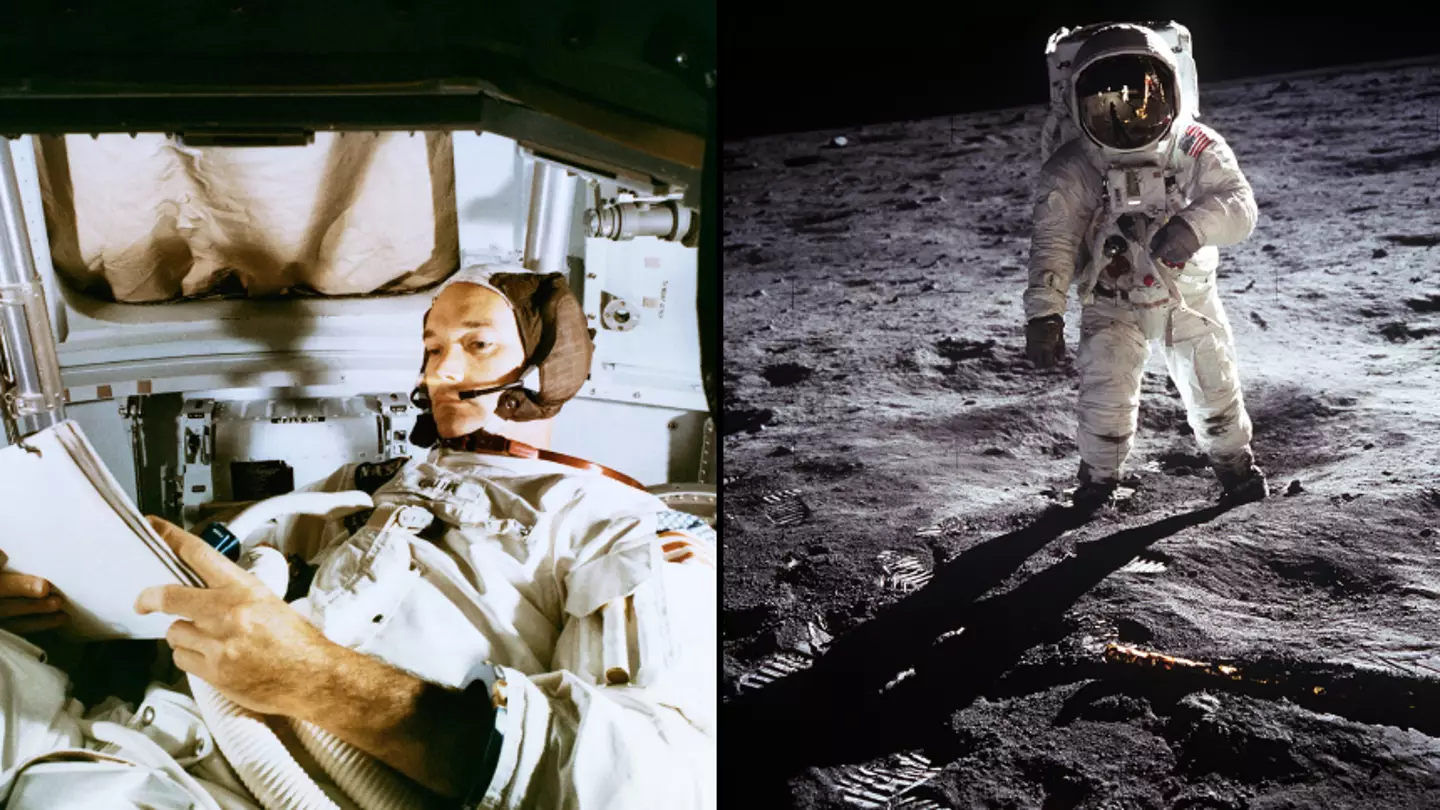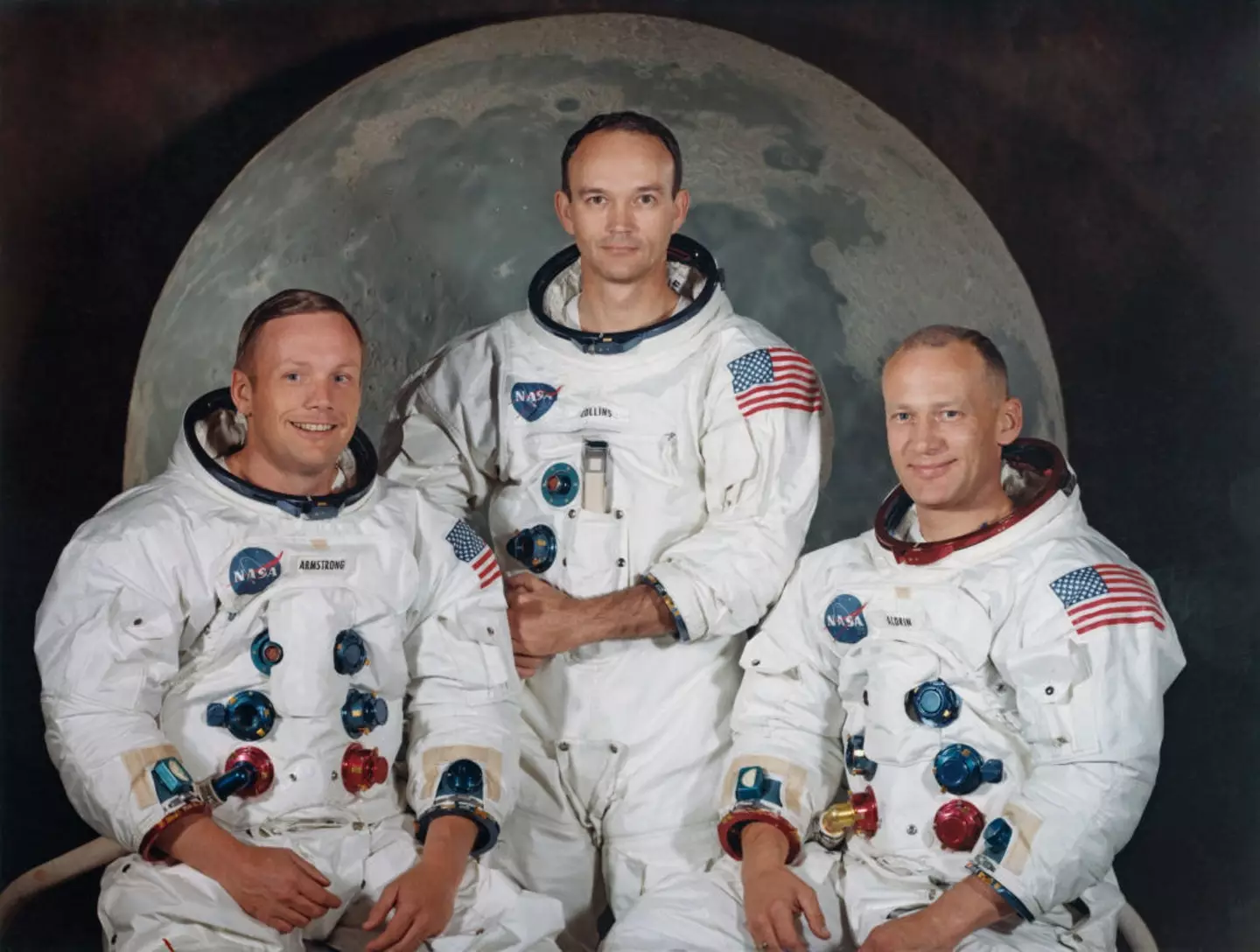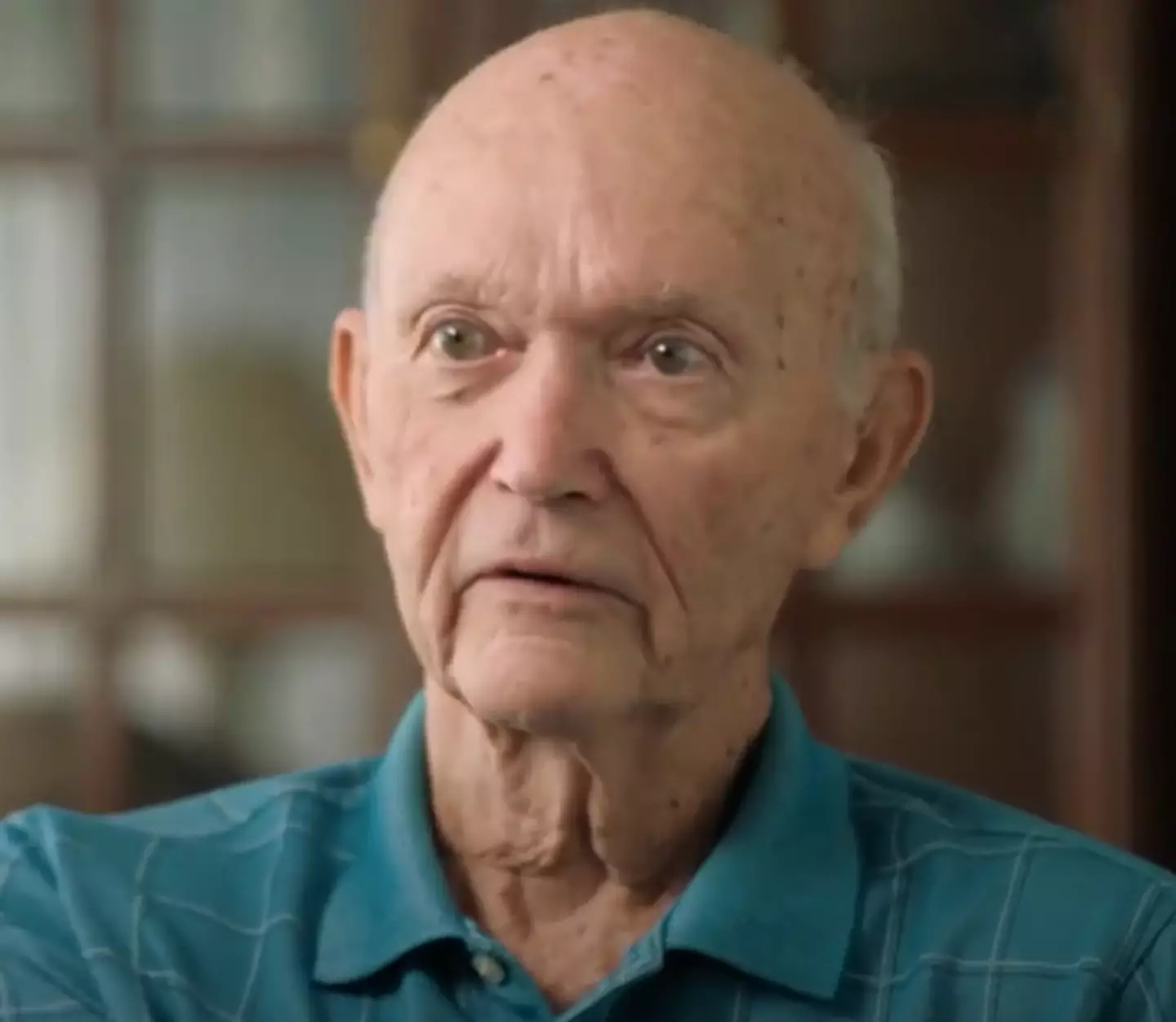
Despite the many trips to the Moon that preceded it, the Apollo 11 moon landing still holds a lot of fond memories for people - especially those who were apart of it.
It all began when former President Richard Nixon set his sights on winning the space race with the Soviet Union, who had beat them to getting a man into space and orbiting Earth one year prior.
Speaking to Congress in 1961, Nixon said : “I believe that this nation should commit itself to achieving the goal, before this decade is out, of landing a man on the Moon and returning him safely to the Earth.
“No single space project in this period will be more impressive to mankind, or more important for the long-range exploration of space; and none will be so difficult or expensive to accomplish.
"We propose to accelerate the development of the appropriate lunar space craft."
Advert
It would be a mission they accomplished and on July 16, 1969, astronauts Buzz Aldrin and Neil Armstrong became the first men to walk the moon on a NASA mission.
However, there was another member that accompanied them - and he is often regarded as the 'forgotten astronaut'.

That 'forgotten astronaut' was Michael Collins, who successfully piloted the spacecraft and got his crew safely back to Earth.
Collins stayed in orbit for over 20 hours on his own as his colleagues landed on the moon.
Advert
And while it may seem lonely, it was humbling for Collins.
When he was on the craft, and staring at the giant moon, there was only one thing he could keep his eyes on - Earth in the distance.
Speaking to PBS News Hour in 2019, he explained: “The moon was nothing compared to my view of the home planet.”

The astronaut explained that when he would look out of the window, all he could see was Earth and even if he put his 'thumb over to obscure it from view', it would ‘pop back out’ because it was as though ‘it wanted to be seen.’
Advert
"It was gorgeous. It was tiny, shiny, the blue of the oceans, the white of the clouds, little streak of rust colour that we call continents. It just glowed." Collins said.
“Having gone out 240,000 miles and seeing it gives me a much greater sense of fragility, a much greater urge to do something to protect that fragility as we go along.” he added.
Despite never leaving the aircraft, Collins had no regrets about the decision.
Speaking to 60 Minutes Australia back in 2019, he said: "Did I have the best seat on Apollo 11? No. Was I happy with the seat I did have?
"Yes – I really was, and to be any small part of that suited me very, very well.
Advert
"And, besides, I was their ticket home – they couldn't get home without me."
In 2021, Collins died after a 'valiant battle with cancer' at age 90.
